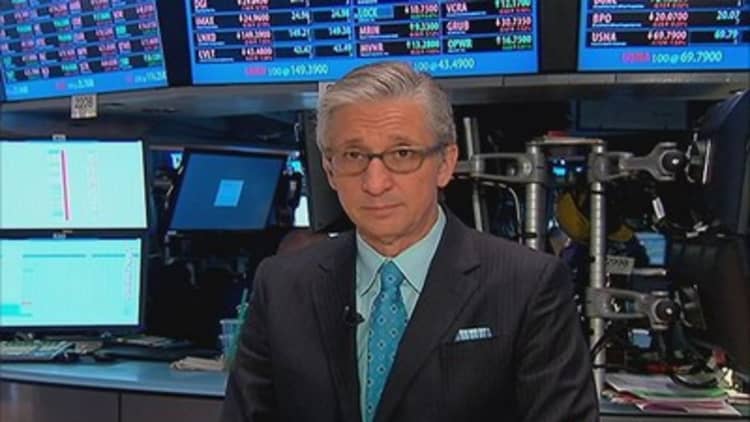
You can always find rotten performers in the mutual fund marketplace, but it's rare when you find one that has destroyed vast amount of wealth over a long period of time — and especially when the fund isn't a stock fund.
The fund in question here: Proshares Ultrashort 20+ Year Treasury (ticker: TBT), which has fallen 68.8% the past five years. The fund bets against falling long-term interest rates — and therefore higher bond prices.
Read MoreCNBC explains bonds and rates
Short funds are typically small trading vehicles. But TBT has $4.1 billion in assets, up from $3.6 billion five years ago. Despite its wretched record, the fund has had net new inflows of nearly $3 billion the past five years.
Why do investors keep throwing money at a fund with such a wretched record? In part, because interest rates are so low — and have remained so low — that a call on rising rates seems like a layup.
More from USA Today:
Economist:Business spending may not take off
Pro:Market churn akin to being 'in a washing machine'
Steven Cohen pursuesnew investments
Unfortunately, calling interest rates has been anything but a layup. The 30-year T-bond yield peaked at 4.81% in 2010 and now languishes at 3.88%. The 30-year is up from its low of 2.45% in July 2012, but even that is little comfort to the snakebitten fund's shareholders: The fund has fallen 5.9% the past 12 months, Lipper says.
Sooner or later, of course, interest rates will rise, and the fund will look good again. Currently, rates have fallen even as the Federal Reserve has tapered its market-friendly bond-buying program. Bryce Fegley, portfolio manager at Saturna Capital, says that low rates in Europe are keeping U.S. rates subdued. When will the turn comes? Who knows? But a lot of money has been riding on the wrong call for a long time.
—By John Waggoner, USA Today




